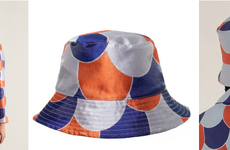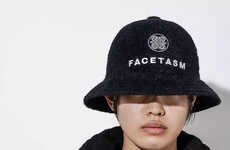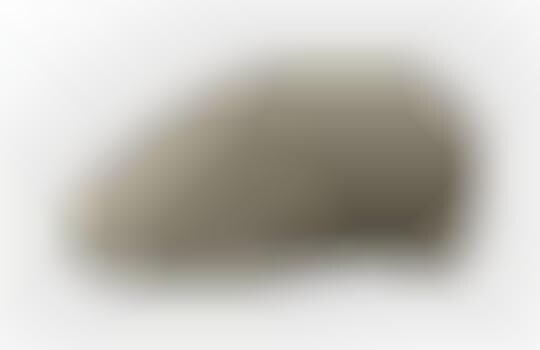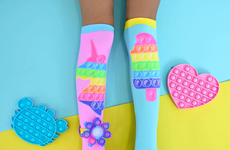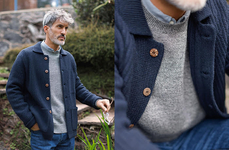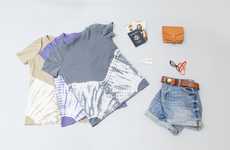
The Kangol Spring Collection Features Sustainable Materials and Dyes
Francis Tiangson — April 7, 2011 — Eco
The Kangol Spring collection is proof that eco-friendly design can be stylish. The line features a variety of hats that are all environmentally friendly due to the materials they are constructed out of and the dyes that have been used to color them.
What is shown by the Kangol Spring collection is that designs don't have to be changed in order to integrate sustainable materials. These pieces of headgear are made out of bamboo, while the dyes used are made from natural dyes and dye extract that has been bought from ethical suppliers.
Arnold Trilby, 507, Clery, Mowbray and Long Pull On are styles you will find in the earth-loving Kangol Spring collection. There's nothing better than being stylish and environmentally friendly.
What is shown by the Kangol Spring collection is that designs don't have to be changed in order to integrate sustainable materials. These pieces of headgear are made out of bamboo, while the dyes used are made from natural dyes and dye extract that has been bought from ethical suppliers.
Arnold Trilby, 507, Clery, Mowbray and Long Pull On are styles you will find in the earth-loving Kangol Spring collection. There's nothing better than being stylish and environmentally friendly.
Trend Themes
1. Eco-friendly Fashion - There is an opportunity for disrupting fashion industry by integrating sustainable materials into clothing and accessories.
2. Natural Dyeing - The use of natural dyes and extracts in textile industry can lead to less harm to the environment and create a market for such products.
3. Bamboo as Sustainable Material - Creating innovative and stylish products using bamboo as a sustainable material can disrupt various industries like home decor, fashion, and construction
Industry Implications
1. Fashion Industry - The fashion industry can incorporate more sustainable materials and eco-friendly production techniques, leading to a new and innovative market segment.
2. Textile Industry - The textile industry can switch to natural dyes and extracts to fulfill the demand for eco-friendly clothing, potentially disrupting the traditional dyeing industry.
3. Home Decor Industry - Incorporating bamboo as a sustainable material in creating home decor products can lead to more eco-friendly and innovative designs, potentially disrupting the traditional production processes.
1.6
Score
Popularity
Activity
Freshness

